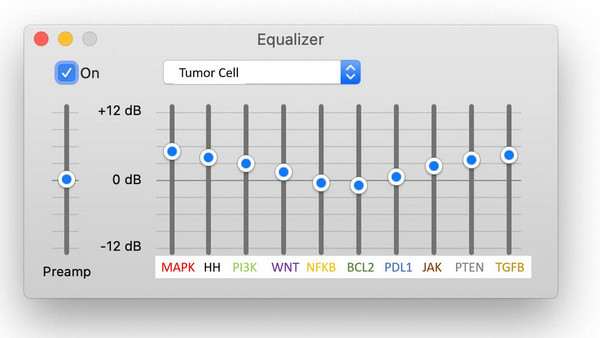The Promise of Next-Generation Proteomics in Revolutionizing Cancer Research and Treatment
Artificial intelligence (AI) is undoubtedly a big deal in the pharmaceutical industry, bringing the unprecedented abilities of modeling biology at a scale of not just separate biological processes, but whole cells and even tissues and organs (e.g. “network biology”, multi omics modeling, etc).
There is a plethora of of various drug design companies that managed to create sophisticated AI-driven platforms for novel target discovery, lead generation, NLP-supported drug repurposing, biomarker discovery, and clinical trial improvement (e.g. better patient stratification, predicting drug responders vs. non-responders based on unique molecular markers, etc). For example our report "The Landscape of Artificial Intelligence (AI) In Pharmaceutical R&D" profiles more than 340 such companies, accross various stages of drug discovery pipeline and various therapeutic modalities -- small molecules, peptides, antibodies, RNAi therapeutics, mRNA, etc.
However, let’s face it, at the heart of the modern “AI revolution” are oftentimes deep neural networks and those are extremely data-greedy. Besides, “garbage-in garbage-out” is a known principle. An AI drug discovery platform will only be as good as the data used for training systems. Therefore, the importance of various techniques and technologiese for generating quality biological data is paramount. In this article, let's review one such "enabling" technology -- Next Generation Proteomics (NGP).
Topics: Tools & Methods


